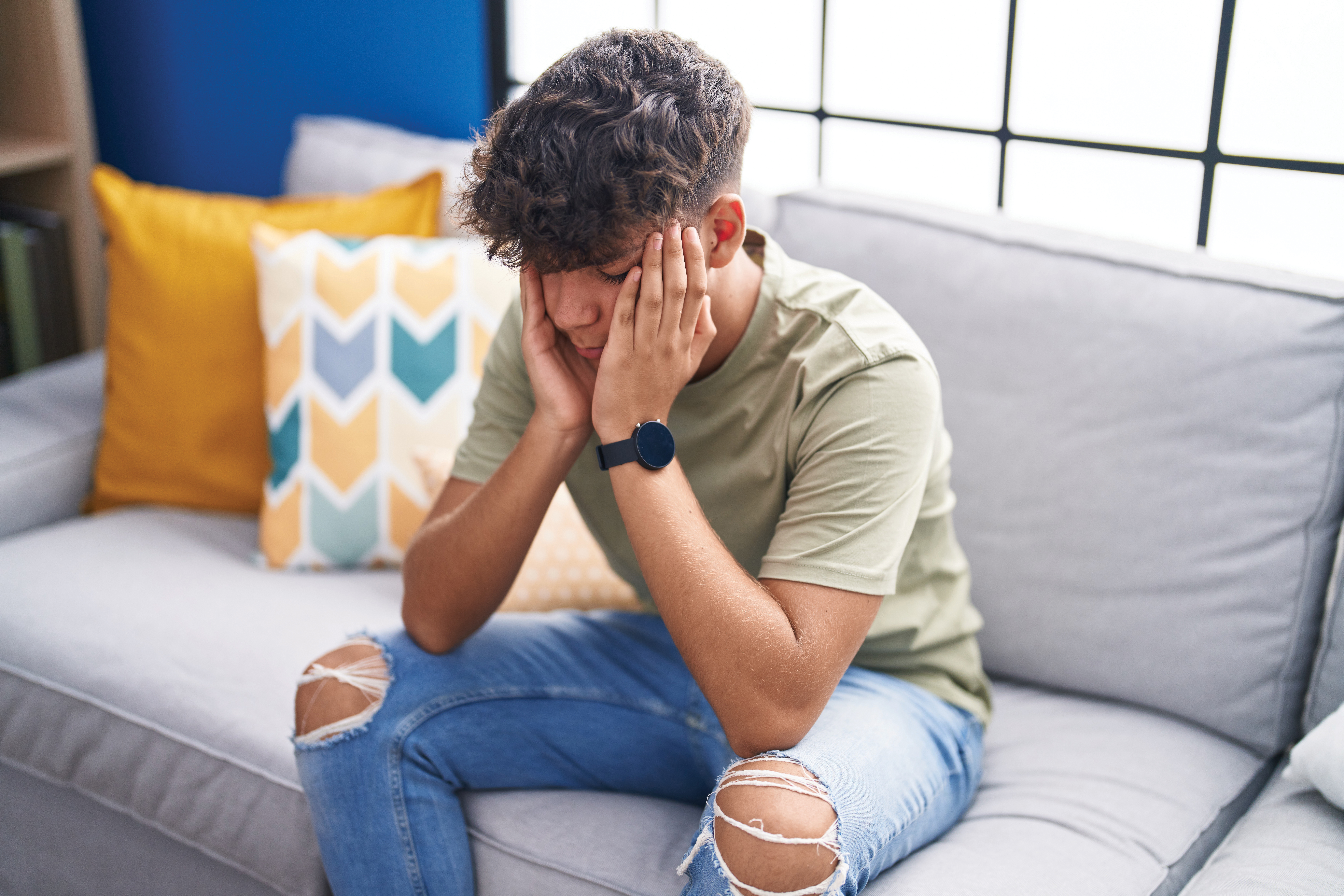
The Harms of Self-Medicating
By Natural High Staff
Self-medication isn’t a new concept, but it’s getting a lot of attention lately. Recently released reports show a frightful number of adolescents have turned to self-medicating in an attempt to avoid depressive symptoms, numb their own pain, and escape feelings of hopelessness. With the accessibility of substances through social media, self-medication is on the radar of everyone concerned with adolescent health and wellbeing.
On some level, everyone self-medicates. Whether it’s turning to social media when feeling lonely, grabbing a box of cookies when feeling sad, or staying an extra hour to study or work when feeling anxious about your lack of achievement, we avoid our real feelings and their source and attempt to numb ourselves. Those solutions aren’t inherently harmful, perhaps they’re benign or even positive. The danger is when someone turns to substances like alcohol, marijuana, over-the-counter or prescription drugs, or worse to numb their big feelings.
Imagine a kid who’s feeling overwhelmed by feelings of hopelessness and turns to take over-the-counter painkillers to take away a bit of their pain. Or think about a student who struggles with ADHD and discovers that drinking alcohol helps them slow down and turn down the noise in their heads.
Did you know, one out of every six teenagers has used a prescription drug to get high or to change their mood? In the past year, two out of three teens who misused painkillers got them from a friend or family member. They weren’t out on street corners or searching on social media, they were within arm’s reach. That’s why parents need to be exceptionally vigilant around their home. Lock medications up and dispose of unused medications appropriately. Many communities have drop boxes to safely discard medications anonymously. Ask at the pharmacy.
One of the most dangerous realities of teen self-medication is the relatively recent risk of substances containing highly addictive and shockingly deadly fentanyl.
Accidental fentanyl poisoning is killing kids in every community across the country. It’s “accidental fentanyl poisoning” because most are unaware fentanyl has been added to the substance they’re taking. It’s tasteless, odorless, and even consuming a tiny amount can be deadly. Shockingly, six out of 10 pills are laced with lethal amounts of fentanyl. And, unfortunately, 73% of teens have never heard of fake prescription pills being made with fentanyl, which is a problem that must be solved through education and awareness. We need to educate our kids right now.
Preparation is key to having a successful conversation with your kids.
Natural High has assembled a resource for parents titled Natural High’s Fentanyl Toolkit. It can be accessed at https://www.naturalhigh.org/fentanyl/. It contains a short documentary on the dangers of fentanyl.
Watching the film is an important Public Service Announcement (PSA) on its own, and research has shown that kids who also have opportunities to discuss the harms of drug use with caring adults fare much better.
It’s recommended to watch the film and have a discussion. There are three easy steps:
- Watch a six-minute life-saving PSA for youth on fentanyl.
- Discuss the film using the discussion guide.
- Share the film with everyone you know.
Self-medication is a short-term solution that unfortunately creates long-term and more serious problems.
We need to give our kids broader and more relevant support by modeling emotional health when we’re feeling overwhelmed or hopeless, making conscious, good choices to address your feelings, and working through them in productive ways. It includes you having intentional, ongoing conversations with your kids about their own mental health, inquiring about their internal state, and reminding them of their options to work through whatever might be ailing them.
Kids need more than just warnings and education. They need caring adults engaging with them, opening up their personal lives, and sharing their struggles. They need access to resources that will help them navigate the complexities of teenage life and tangible support as they go through the adolescent years. They need to be taught the core foundations of emotional intelligence, become more self-aware and effective at managing their emotions, build positive relationships, and develop a variety of coping strategies for their big feelings. We’re in it for the long-haul as a parent, so we need to start with giving our child(ren) the facts about the risks of fentanyl poisoning.
See another article in the magazine about helping kids find healthy coping strategies that will guide them to healthy options to get them through emotional and physical challenges. A quick fix of using substances to deal with life’s ups and downs is not a long-term solution – for kids or adults.
